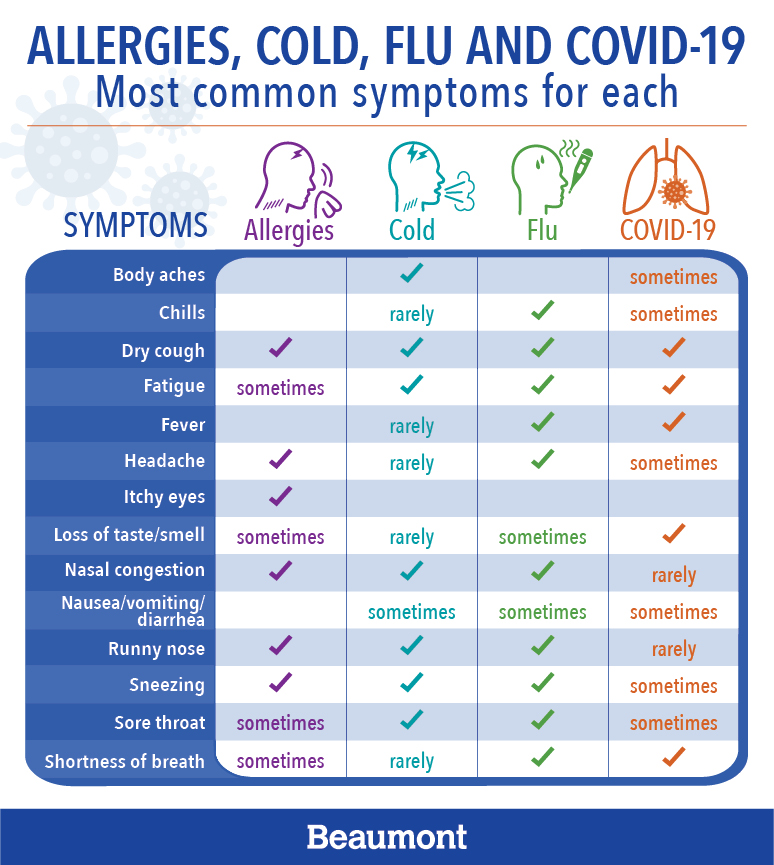FAQ’s With Nurse Heather
April 4, 2023
If it wasn’t already painfully obvious, allergy season is upon us. Many students, teachers, and staff have expressed concerns with how to tell if their symptoms are allergy related, a cold, the Flu, or a strand of COVID-19.
Luckily, Central Hardin’s very own RN, Heather Kennedy, who has been a registered nurse for 21 years, was more than happy to offer her expertise on the subject.
“Allergens are anything that your immune system sees as a foreign substance, in this case it is normally things like pollen, grass, ragweed, etc,” Nurse Heather said. “Tree pollination starts around February/March through early summer, grass pollination is usually early spring to mid-summer, and ragweed pollination occurs late summer into early fall.”
Let it be noted that allergies do not cause fevers, nausea, diarrhea, or body aches. The main symptoms of allergies, that help clarify that they really are “just allergies,” are headaches, congestion, and irritated eyes.
“Experiencing body aches and fever is usually an indication of an infection, whether it is a common cold or something worse,” Nurse Heather said. “Any time a person has a fever over 100.4, vomiting, or diarrhea, they should stay home. The general rule is that a person needs to be without those symptoms for 24 hours before returning.”
Even if you are one of the few who hasn’t yet fallen victim to any of these symptoms this year, Nurse Heather still strongly encourages hand washing, hand sanitizing, not sharing food or beverages, and covering your mouth when sneezing or coughing to prevent the spread.
“Some things you can do at home to help with allergy symptoms, and even cold/flu symptoms is to drink plenty of fluids, especially water, which helps thin out some of the mucus that may be causing things like runny noses. Staying hydrated is one of the best ways to help your body to heal itself,” Nurse Heather said. “Over-the-counter allergy/colds medications can help too. Netti pots and nasal sprays/rinses also help flush out mucus.”
Disclaimer: always speak to your healthcare provider before starting any type of medical treatment and/or medications.


















Tucker • Apr 5, 2023 at 11:05 am
So Proud!